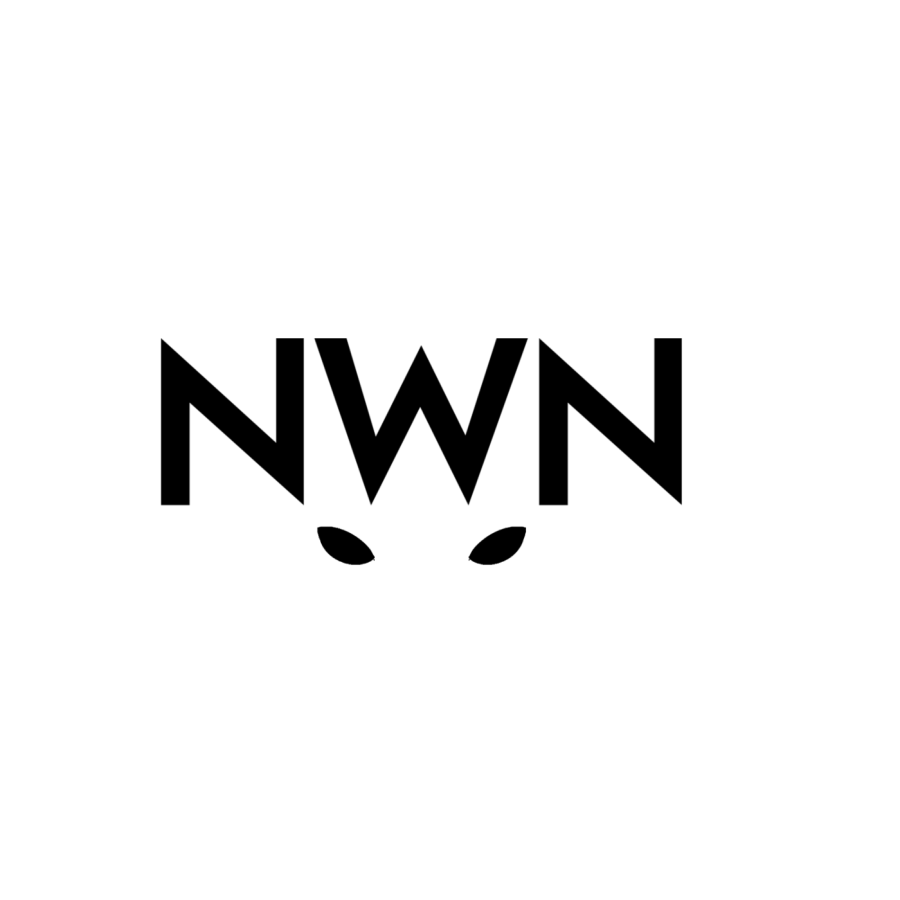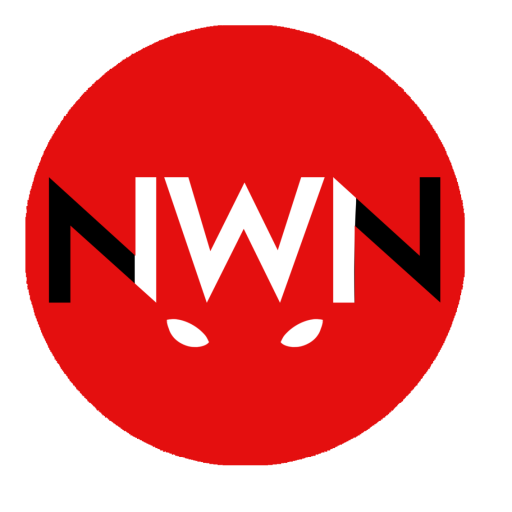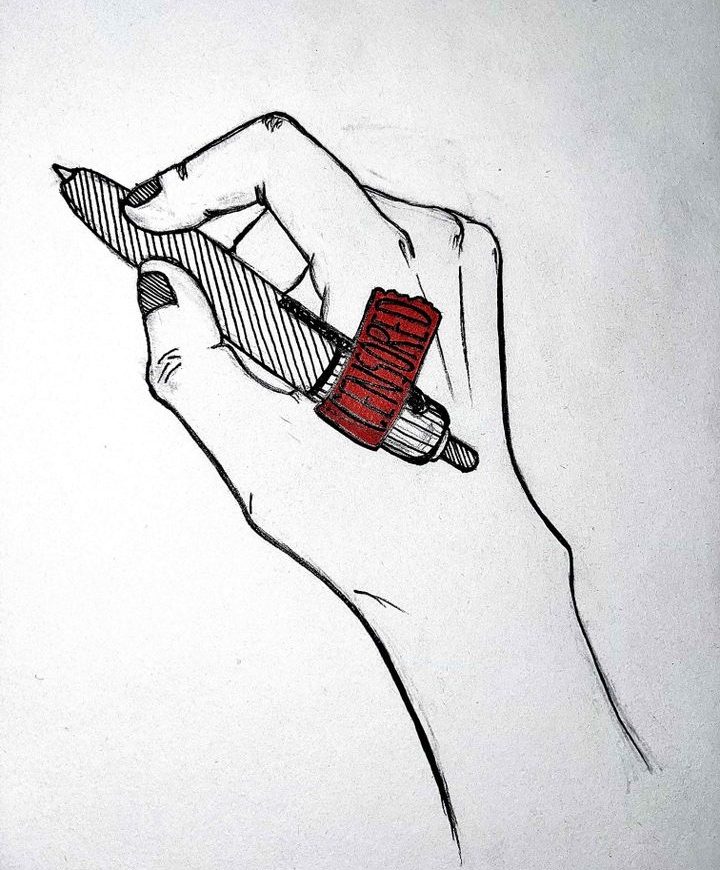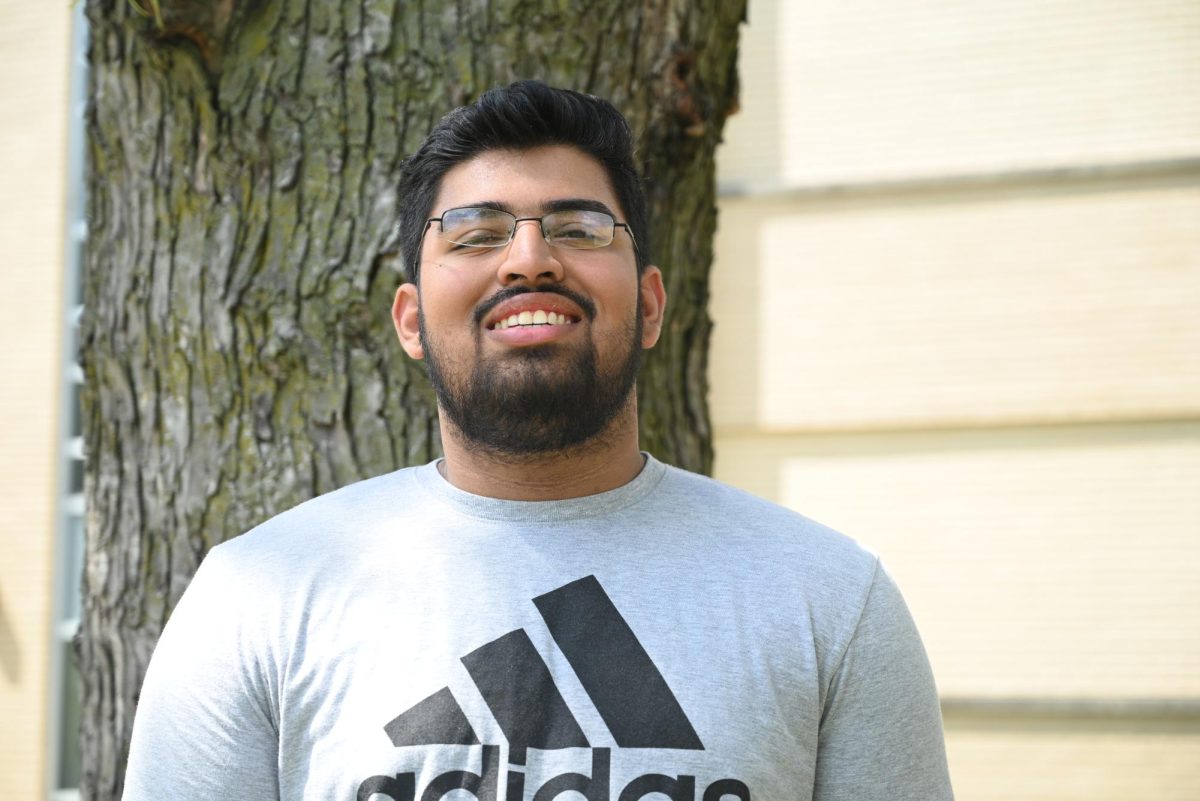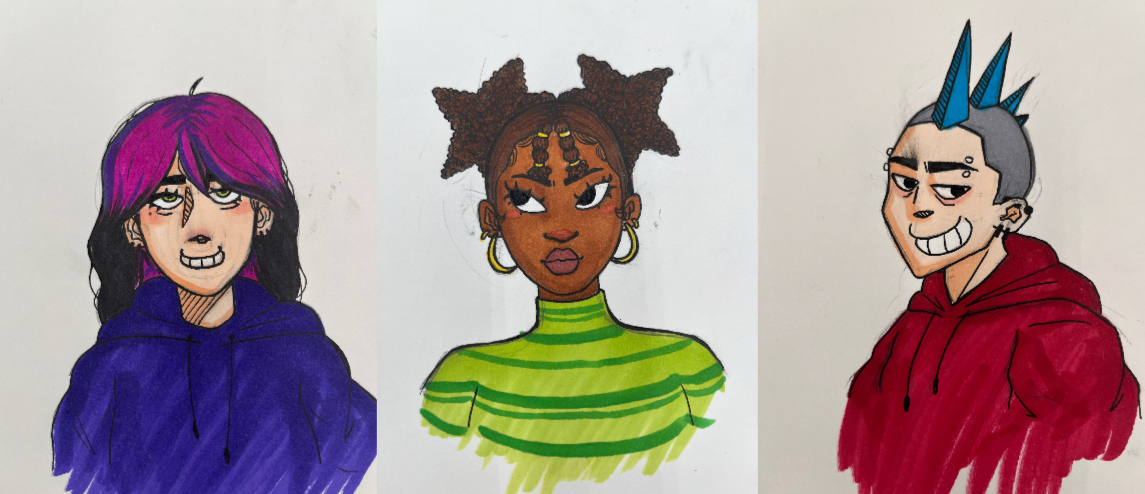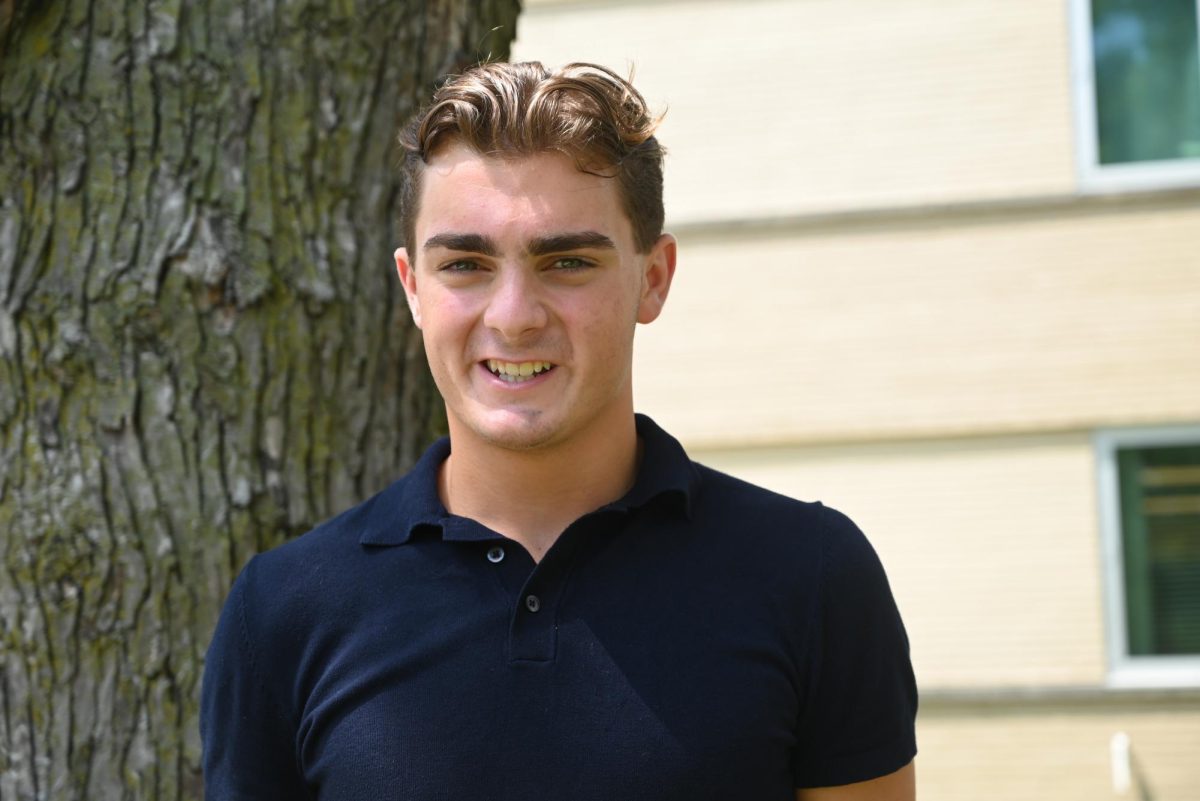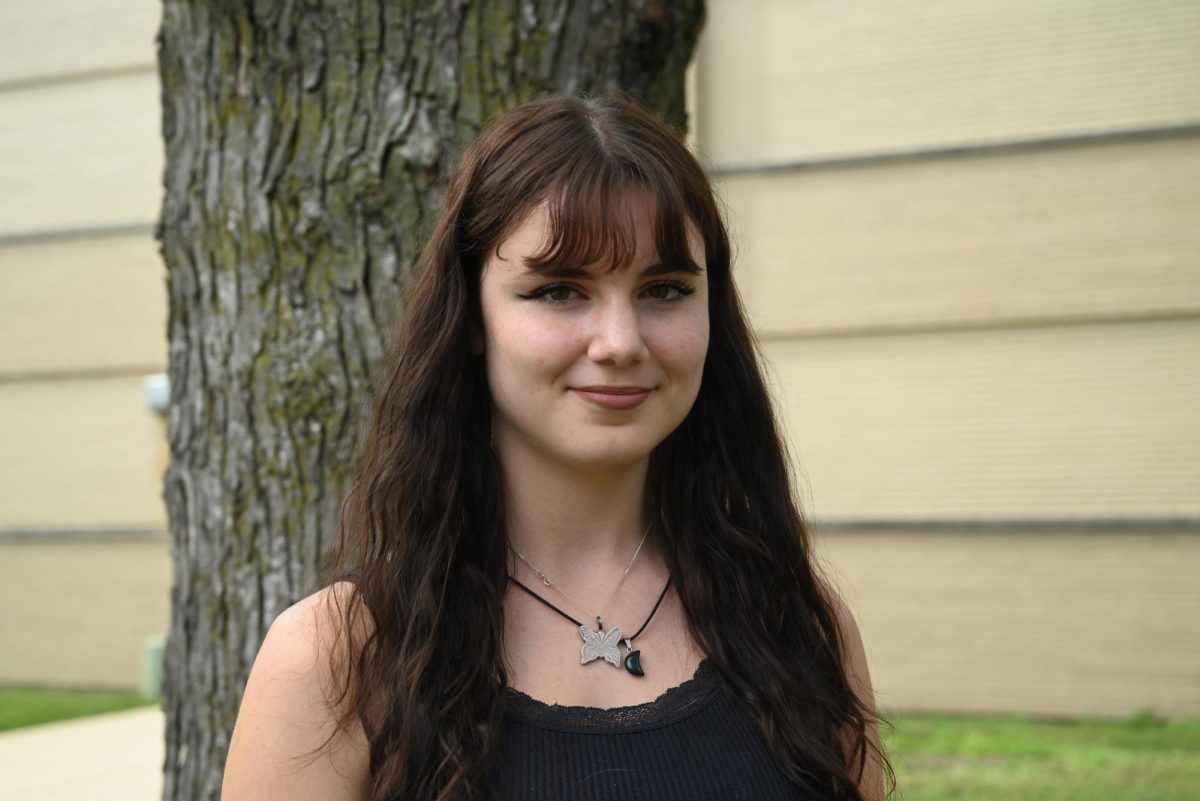The first time I had to correct someone’s pronunciation of my name was on the first day of kindergarten. My five-year old self sat on the alphabet carpet anticipating roll call. My teacher flew through the list but hesitated with a pause when she saw my name, Suha. I heard her call out “sew-ha,” and immediately spoke up, something my mom instilled in me since I could talk.
As I continued to go through school I always knew my name would be said incorrectly. Whether it be at the beginning of a new school year or when there was a substitute in the classroom– I was prepared to correct their pronunciation. I wondered how a simple four-letter name could be so difficult, and trust me I’ve had my two syllables butchered into names I didn’t know existed.
The name Suha (so-ha) comes from Arabic origin, meaning a “star from heaven.” I always loved my name and had never met anyone with the same spelling. I felt a sense of power when correcting another person, but soon enough that started to fade. With fellow classmates making fun of my ethnic identity and funnily enough comparing my last name, Siddiqui, to Squidward, I experienced a strong desire to be more Westernized. Wishing, hoping and wanting my name to be more American, like Sarah or Sasha.
A name is someone’s identity. A name holds the history of a culture. A name contained the legacy of all those who came before you. Your name is how you are known and how you will be remembered. While I agree that it is easy to simply let others walk over your name after several instances of mispronunciation, it is still important to stand your ground. Invalidating and constantly saying someone’s name wrong is a way for someone to feel embarrassed and ashamed of their culture and heritage. Demanding that your name be spoken correctly shouldn’t be a second thought, even if it causes a person to “think harder” about pronunciation.
I will not let you mispronounce my name and disrespect me with acts of ignorance and disregard for my culture. In an unfortunate world where those of nonwhite origin anglicize their name to “blend in,” with the dominant Anglo society, I refuse to do so. I insist on having the same level of respect given to any other individual, regardless of their background.
If you come to a name that is unfamiliar to you, the best thing to do is ask the person how to pronounce their name. By doing this and putting in the effort to say their name correctly, mutual respect is given. This solution creates understanding and acknowledgement of different cultures.
The world we live in today is not a fair one. Societies are filled with biases and unfair advantages. However, due to the reality of our everyday life, it becomes increasingly important to ask for the right pronunciation of our names. If someone is mispronouncing your name, correct them. I know from experience that it can be awkward to interrupt someone while they are talking, but it is crucial to remember that you carry a rich history filled with stories of those who came before you with your name. Names shape our identity and create a distinction in character. They hold power and are the only thing that is solely ours.
My name is more than just words on a paper, if you have eyes and ears then you have no excuse to pronounce it incorrectly.



